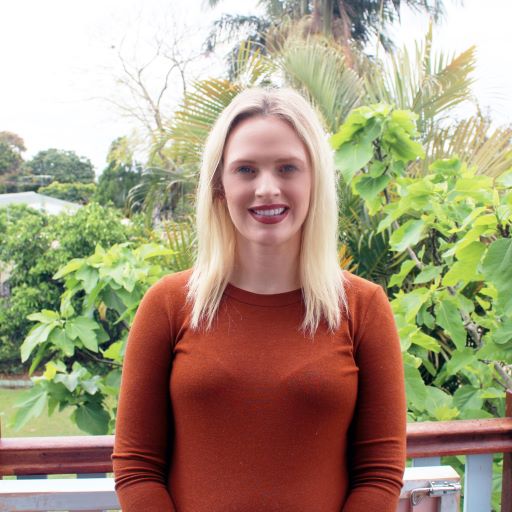 Dr Nancy Pachana
Dr Nancy Pachana
Director
Dr Nancy A. Pachana is Professor of Clinical Geropsychology in the School of Psychology, and Director, Healthy Ageing Initiative, in the Faculty of Health and Behavioural Sciences at UQ.
She is also the co-director of the UQ Ageing Mind Initiative, and Program Lead, UQ Age Friendly University initiatives.
Nancy has an international reputation in geriatric mental health, particularly late-life anxiety, assessment and interventions for persons living with dementia, and driving in later life. She has published over 300 peer-reviewed articles, book chapters and books on various topics in the field of ageing. She has a passion for expanding research, teaching, international collaboration and early career scientist-practitioner support on mental health issues in later life. She was elected a Fellow of the Academy of Social Sciences in Australia in 2014. In 2019, she was awarded the M. Powell Lawton Award, the American Psychological Association’s Society of Clinical Geropsychology Lifetime Achievement Award.
Originally from the United States, Nancy was awarded her AB from Princeton University in 1987, and her PhD from Case Western Reserve University in 1992. She did postdoctoral clinical research at the VA Palo Alto Healthcare System and the Neuropsychiatric Institute at the University of California at Los Angeles. She is an avid bird watcher and a keen traveller.
Dr Romy Engelbrecht
Postdoctoral Senior Researcher
Dr Romy Engelbrecht is a psychologist and registered music therapist who has worked across public health in mental health, palliative care, aged care, and progressive neurological disease. She is passionate about working collaboratively with adults and older adults to improve health and wellbeing. Romy has completed her PhD in clinical psychology investigating the use of music in reminiscence therapy to improve psychological distress for older adults, and is now working in a postdoctoral research position with Prof Nancy Pachana reviewing the use of reminiscence therapy with student clinicians to improve learning and health outcomes.
Reminiscence therapy is the purposeful and directed use of recalling past experiences, events or narratives to improve wellbeing outcomes such as late life depression, quality of life, cognition, mood, happiness, loneliness, and self-esteem. Music can be used to enhance the effects of reminiscence therapy through emotional regulation, inducing meditative states, stimulating faster and more vivid memories, and validating our identity.
Courtney Loudon
Chinchilla Project Coordinator
Senior Research Project Officer
Courtney Loudon is a Senior Research Project Officer, and her current role is as Project Manager for the Chinchilla Project Evaluation. Her main role is to provide project support to the Evaluation Committee to develop an Evaluation Program Logic and Framework. She has also participated in a data gathering field trip to Chinchilla, and has been instrumental in helping connect potential community links to the project.
Sophie Griffiths 
Older Student Experience Project Coordinator
AFU Student Member
Sophie is a third-year student in the Bachelor of Psychological Science and an active member Age-Friendly University Initiative where she has worked with Professor Pachana on initiatives to innovate the university experience for mature age and return to study students. UQ’s commitment to becoming an AFU has been a catalyst to her engagement with the University, positively impacting her experience as a second career-seeking student. Her first career was in built environment design, delivering large scale retail and recreation precincts. She has a lifelong passion for cities and people having lived and worked in most major capital cities across four continents.
Her interests are in contributing to an age-friendly world within the framework of the age-friendly ecosystem as outlined by the WHO, and in particular the decade of healthy ageing 2021-2030. She is excited and optimistic about the innovation in all areas that is needed to adapt to our changing demographics. She is particularly excited to be contributing to the Chinchilla Project, which brings together so many of her interests. Ultimately, she hopes to combine her areas of expertise and use the tools of psychological science to improve urban environments in a way that allows populations of all ages to flourish together.

 Dr Nancy Pachana
Dr Nancy Pachana

